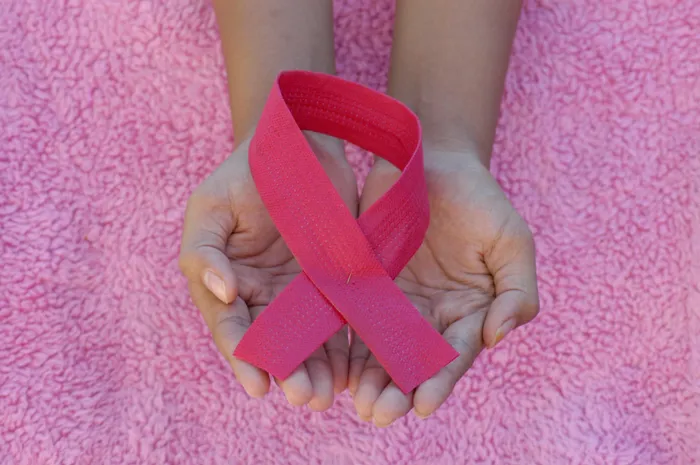Bridging the gap: How mobile breast-cancer screening is saving lives in SA

South Africa’s breast cancer crisis: 37 000 women are undiagnosed every year. Mobile screening initiatives are bridging the gap and significantly improving early detection rates.
Image: Unsplash/Angiola Harry
Every year in South Africa a staggering 37 000 women go undiagnosed for breast cancer, leaving only a 40 % survival rate among them.
If discovered at an early stage, the survival rate soars to 93 % in the first five years.
Yet too many women remain out of reach of screening services.
The statistics paint a stark picture: one in eight women globally will be diagnosed with breast cancer, which in South Africa equates to roughly 47 000 women each year.
Without early detection, cancers grow and become harder to treat. Screening takes time, resources, equipment, and follow-through, however for women in remote and under-resourced communities, traditional clinic-based models may be out of reach.
Why mobile screening matters
I spoke to three organisations that are using mobile screening and education to close the gap: I Love Boobies, PinkDrive and Breast Health Foundation.
I Love Boobies
Cecil Munch, a volunteer director at I Love Boobies notes that “only 5-10% of South African women are screened for breast cancer.”
Their mission is to make breast-cancer screening more accessible to women who do not have access to medical services due to their location or financial situation. Working across communities throughout South Africa, they offer screenings and education.
Their “Each One Teach One” campaign means that every woman screened becomes an ambassador for her community, sharing knowledge about breast-cancer awareness, self-checks, and the importance of early intervention.
Since 2017 they have screened 13 000 women across the Western Cape, KwaZulu-Natal, Gauteng and Namibia.
Their typical mobile screening day involves: educating the group of women, teaching self-examination, a nurse performing a private breast exam, and referring any abnormalities to radiology.
Munch says; “One in eight women will be diagnosed with breast cancer in her life, equating to 47 000 women in South Africa being diagnosed per year.
“If diagnosed at an early stage there is a 93% survival rate in the first five years. Without early detection the cancer will spread, making it more difficult to treat.”
Their reach is into farming communities, rural regions and under-resourced areas where women may face financial or locational barriers.
Mobile mammography on-the-move: PinkDrive
PinkDrive was founded in 2009 by Ms Noelene Kotschan, on the premise that “Early detection will help prolong a life.”
Their main focus is people without access to care for breast, cervical and other gender-related cancers - primarily those in areas where health services do not reach.
What PinkDrive offers:
- Clinical breast examinations (a mass-screening service for women of all ages, including one-on-one cancer education)
- Mammograms (mobile trucks with on-site imaging capability)
- Pap smears and HPV testing through trucks for cervical-cancer screening.
They currently have three mobile trucks that can do onsite mammograms and another two for HPV testing and pap smears.
Their trucks travel throughout South Africa in rural and urban areas wherever the roads allow.
The mammogram trucks take images on-site, which are then sent to a reporting doctor off-site; in some cases doctors are on-site to do readings.
They also have referral agreements with clinics so that if an abnormality is found, nurses and doctors at partner clinics assist patients in receiving treatment from government hospitals.
Educating for prevention: Breast Health Foundation
The Breast Health Foundation has a mission to create breast-health awareness in the community, ensure individual access to information and offer emotional and informative support.
In 2009 they launched a mobile breast-cancer education unit in the Sebokeng district, staffed by community educators who are themselves breast-cancer survivors.
Today, they have four mobile education units travelling through Johannesburg, Pretoria, Cape Town and Durban.
Over the past five years they have educated 686 000 people face-to-face, diagnosed 6 800 women with breast-health issues, which has resulted in over 2 500 breast-cancer diagnoses.
These units emphasise awareness, self-checks, community education and referral navigation.
By bringing services to the people through community-led education these three organisations are helping to close the access gap by combining physical screenings with self-examination education, referral pathways, and follow-up support.
IOL Lifestyle